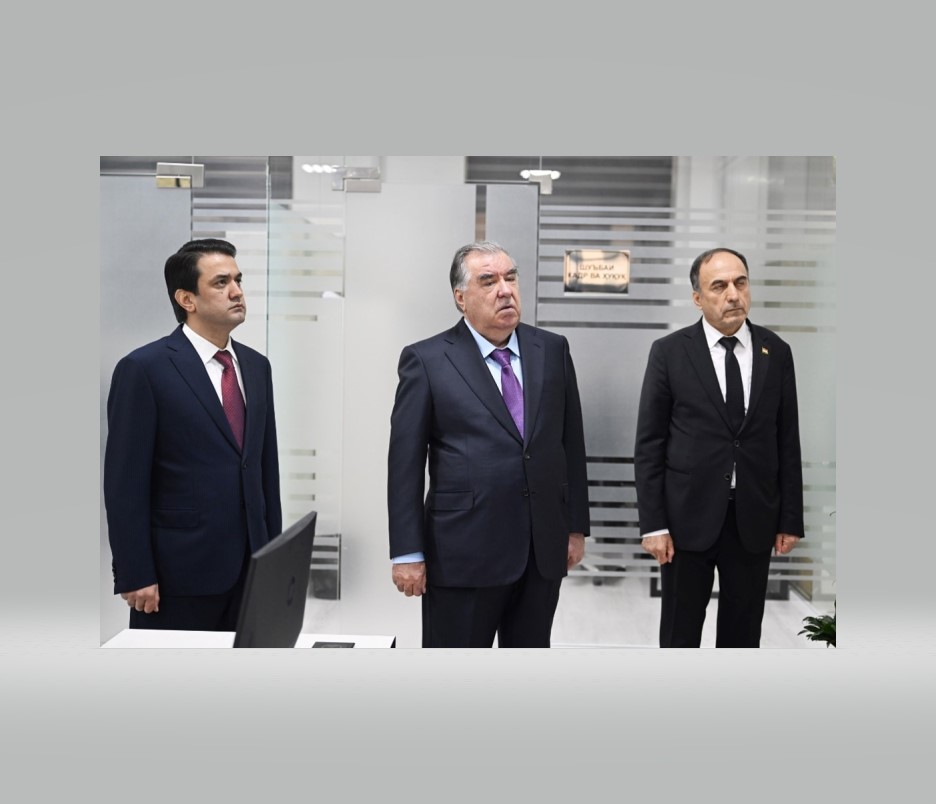They creep in from the shadows, snorting and snickering. The singing pigs that skulk and shimmy through “The Butcher Boy,” which opened on Monday at the Irish Repertory Theater, are silly but also half menacing. Below the neck, they’re dressed like townspeople in 1960s Ireland, where the new musical, written and composed by Asher Muldoon, is set. From the jowls up, however, their snout-nosed masks are eerily impassive.
The swine chorus appears to be a totem of indecency, embodying the dark and unknown depths of the show’s narrator, Francie (Nicholas Barasch), a jaunty lad with flame-colored hair and an implacably sunny disposition. In his upbeat brogue, Francie recounts a tale of boyhood mischief and alienation with a zeal that belies what seems to be the threat of promised violence. If there’s danger lurking beneath his gleaming grin, Francie may be a bit too good at hiding the knife.
Based on the 1992 novel by Patrick McCabe, “The Butcher Boy” presents a myopic view of a troubled upbringing — call it an anti-coming of age tale. Francie claims that his adolescence was idyllic, though scenes in the musical plainly prove otherwise. He and his best friend (Christian Strange) fish and carouse and steal comic books from a nerdy classmate (Daniel Marconi), whose mother (Michele Ragusa) fatefully derides Francie and his parents on the basis of social class, calling them pigs.
“It was a sweet and simple time,” Francie sings as his father (Scott Stangland) belts him across the butt. “We were happy,” he says before walking in on his mother (Andrea Lynn Green) about to hang herself from a fuse wire. The motormouthed Francie turns to the audience with asides and misdirections that dissemble as much as they reveal.
In the novel, McCabe’s prose is propulsive and unpredictable, bordering on stream of consciousness and bubbling with proto-punk sensibility, not unlike Irvine Welsh’s “Trainspotting,” published in Scotland a year later.
But putting a narrator as unreliable as Francie at the helm of a stage musical is a tricky business. Should an audience believe what they hear or what they see? That depends on which is more convincing, and the results here are tough to decipher. Is Francie fooling only himself, or is he trying to fool everyone else? The answer often seems to be both, and it’s a difficult deception for a performer to pull off, particularly while recounting and participating in two and a half hours’ worth of action.
“The Butcher Boy” might have been finessed into a sharper, more forceful black comedy if the score from Muldoon, who is not yet a senior in college, had developed a more distinctive point of view. Its dutiful tour through Broadway-style pop, vaudeville and Irish influences is largely referential.
The production, directed by Ciaran O’Reilly, uses graphic shorthand to suggest the tension between Francie’s insular mind and the outside world. The wood-slatted walls of the set by Charlie Corcoran resemble a treehouse, while an oversize rendering of a turn-dial TV serves as a backdrop for Dan Scully’s projections. The screen looms large over the compact stage, nodding briefly to the turmoil of the 1960s and to Francie’s taste for “The Twilight Zone,” but the significance of mass media to Francie’s tortured descent is either overstated or underplayed.
“The Butcher Boy” centers Francie’s perspective to a fault, so that the convictions of other characters are mediated through his own. It’s a powerful concept but requires a delicate physics that staging a story in three dimensions tends to defy. When characters who are without emotional agency express themselves in song, whose heartstrings can they claim to be pulling? Francie seems determined to prove that he himself has none.
There are promising moments of affecting sentiment at the conclusion of Muldoon’s score, in ballads that seem to offer unlikely resolution, before Francie yanks it away with a still indeterminate rage. But by the time Francie’s own mask finally falls, the revelation feels oddly bloodless.
The Butcher Boy
Through Sept. 11 at the Irish Repertory Theater, Manhattan; irishrep.org. Running time: 2 hours 30 minutes.





















Discussion about this post